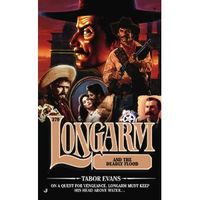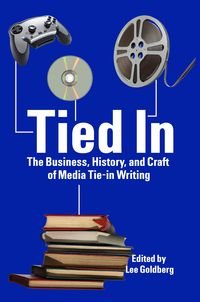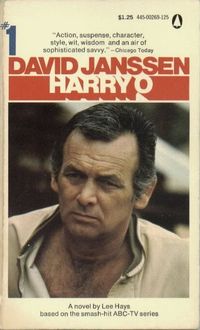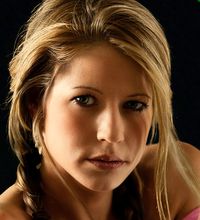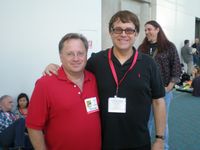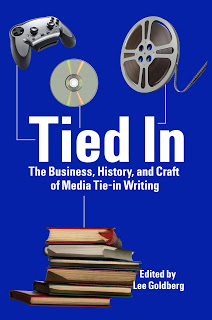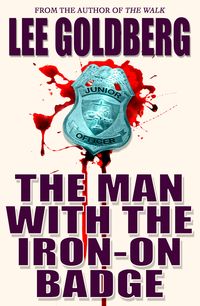Author James Reasoner, the hardest working guy in publishing, talks about what it's like to have most of his work published under "house names" — author bylines owned by the publisher — like Tabor Evans, for instance. He says, in part:
At last count, novels and stories I’ve written have been published under at least 35 different names.[…]
In the past month I’ve worked on projects that will be published under four different names, none of them my own. People have asked me, “How can you write a book knowing that your name won’t be on it?” For years my standard answer was, “I don’t care as long as my name is on the check.” Of course that’s not completely true, now or then. Writing has been my job for more than three decades now, and getting paid is important. But most writers love to see a new book with their name on it, and I’m no different. If we didn’t have egos, it probably wouldn’t even occur to us that people might want to read what we write, would it? I’ve been blessed with the ability to put those feelings aside when I’m working, at least to a certain extent. When I’m sitting at the computer, the words appearing on the monitor are my words. The book I’m writing is mine. When it’s published, my name may not be anywhere on it, but that has no bearing on the writing itself. I know it’s good, and I feel a surge of pride when I see the books in the store and know that people are reading them and enjoying them. So when you come right down to it, the answer to the question “Who am I today?” is simple and always the same.
I’m a guy writing a book, spinning a yarn. That’s all I ever wanted to be.
